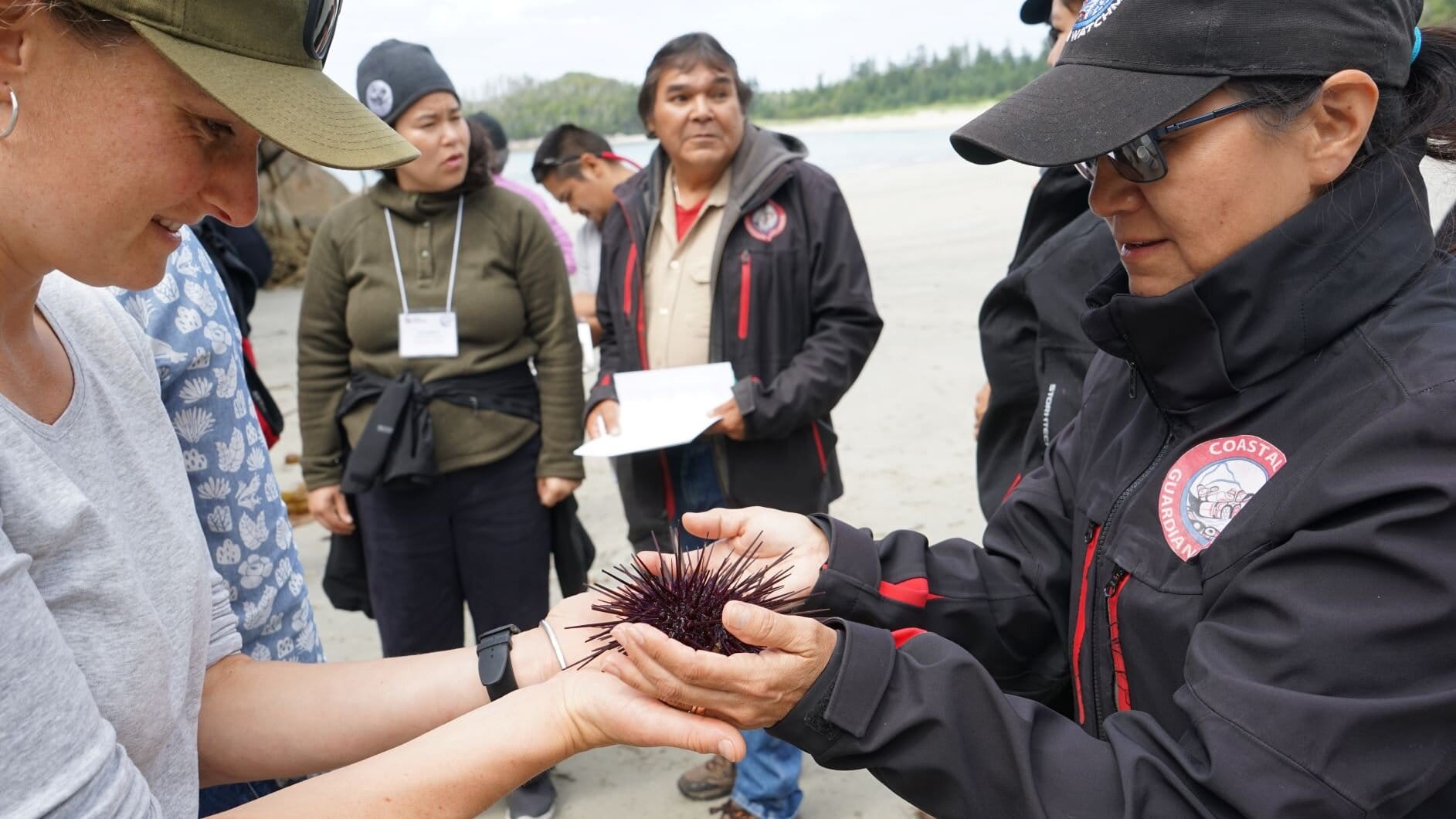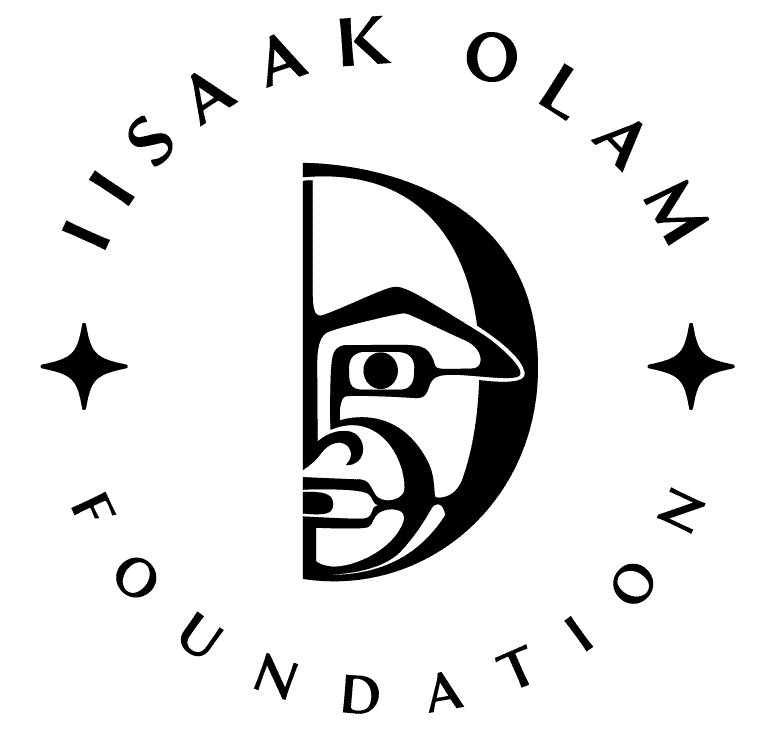By Georgia Lloyd-Smith, Staff Lawyer, West Coast Environmental Law
Originally published HERE on April 20, 2020
Indigenous Protected and Conserved Areas (IPCAs) – areas protected by Indigenous nations as part of inherent responsibilities to care for their territories – provide places of refuge and healing. This blog explores the growing IPCA movement, why it is more important than ever, and what West Coast Environmental Law is doing to support it.
The COVID-19 epidemic has brought to light a powerful story about a Nuu-chah-nulth woman named Tlaook who, during the time of first contact, took her family to a safe area within the Tla-o-qui-aht territory to hide out from the many imported diseases. Thanks to her courage and resourcefulness, her family survived the diseases and many in the Tla-o-qui-aht Nation alive today are her direct descendants.
As Eli Enns, from the Tla-o-qui-aht Nation, shared in a recent article:
It’s not the first time our people have been impacted by diseases that have come from abroad. There is a common understanding that we can return to in times of pandemics, and our elders wanted to ensure that our grandchildren and great-grandchildren always have places to access clean water, clean air, our traditional food systems and places we can quarantine.
That has been a part of any initiative our nation has taken regarding the land — that we need to be sure there is a safe place of refuge.

Photo © West Coast Environmental Law
For many, the COVID-19 epidemic has clarified the importance of these places of refuge where clean water, clean air, healthy food, and supportive, loving communities are in abundance. It has also revealed the fragility of our global capitalist society, which is largely based on the Western worldview that sees humans as separate from and above other forms of life. This worldview sees the natural world as ‘resources’ existing solely for human consumption instead of as a web of interconnected beings that we as humans are dependent on for our survival.
What has become clear is that we cannot continue to abuse Mother Earth without consequence. Planetary health and human health are inseparable. As Robert Grandjambe Jr., a Cree trapper, recently wrote, “The land always has the final say and we are being reminded of that.”

